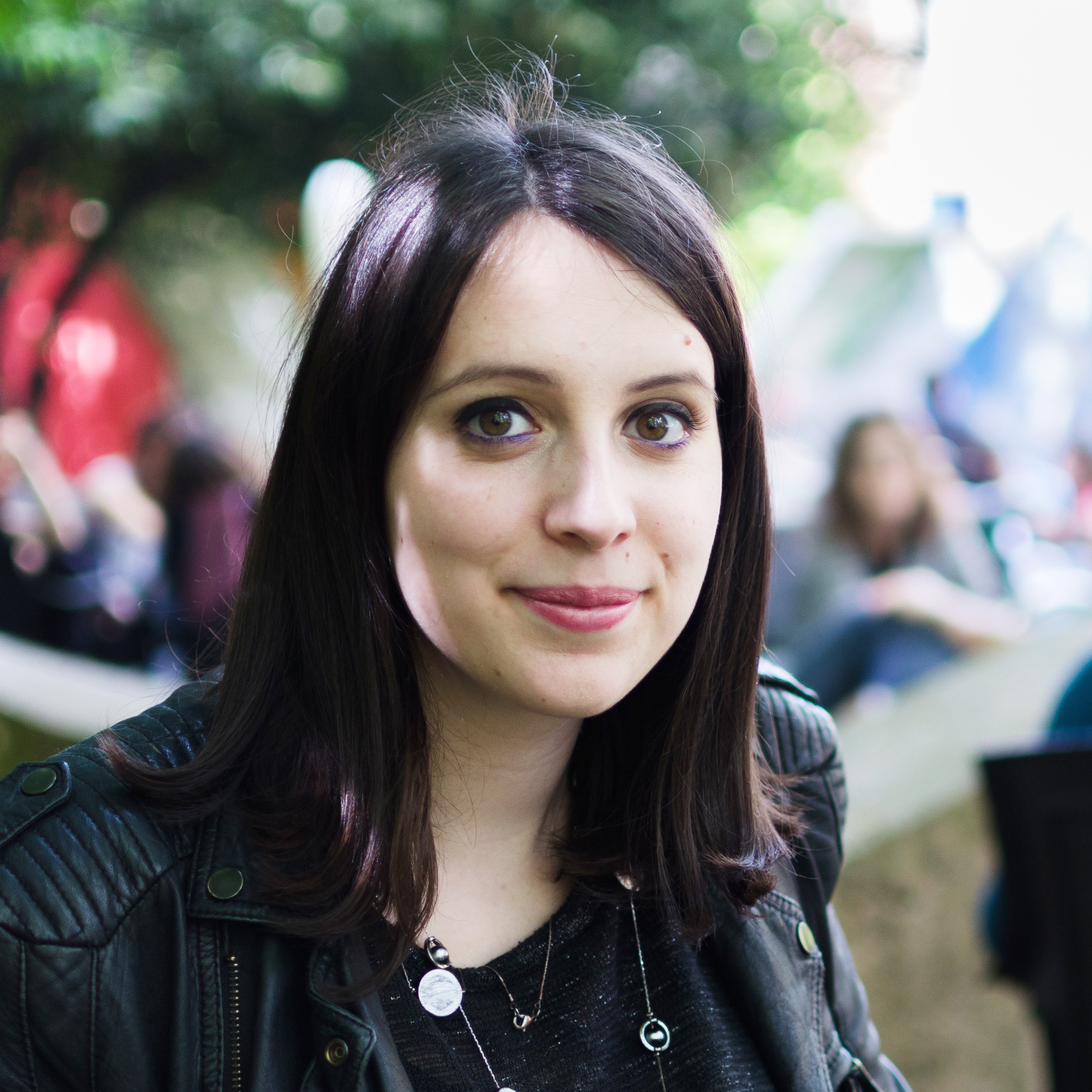After Winterkeep had time to marinate in my head, I realized that I did not actually like Winterkeep for the same causes I didn’t like Fire, with a few more reasons added on the aspect. Quite a lot of the themes in this book are handled like Lovisa’s sexuality: simply introduced, thought about briefly, then wrapped up quickly with Cashore’s grand ethical, with out having the viewers naturally come to that ethical on their own. Significantly, preliminary information concerning the SARS outbreak did not come from government reports. If he rejects sex, I know he’s simply lazy and desires to come effortlessly. It’s brought up early in the e book that Lovisa has an unhealthy attitude in the direction of intercourse, viewing and wielding it like a instrument, as a consequence of her only models of a romantic relationship being her very toxic mom and father. Yet as an alternative of an arc where Lovisa realizes she doesn’t like sex with men because she would favor to be having sex with ladies and regularly fixing her angle in the direction of intercourse, the guide immediately does a 180 and has Lovisa’s habits rewarded and does not have her doing any further unpacking of trauma. More macho cultures like you’ve with Italians find pedo culture to be a disgusting unacceptable insult to your dignity, whereas Scandis could be offended by the lack of fairness and exploitation in pedo culture.
 It appears like Cashore has been writing Graceling Realm books in her head for ten years after which all of a sudden decided to publish one among them, while not reworking it to include all of the world and character building the audience has missed. One such research of ten nations revealed that as calcium intake elevated, so did the variety of hip fractures. Throughout the novel, she always remarks that sex with males is boring and feels gross but thinks about kissing ladies and has an unacknowledged crush on considered one of her female classmates. It’s lazy, sloppy writing and as a reader, it is boring. For my part, Cashore is simply higher at writing single POV character studies with easier plot parts than she is at writing ensemble cast political intrigue struggle dramas. We selected to concentrate on individual pages slightly than complete works, single panels, or specific narrative moments because the web page is the elemental unit of a comedian guide. She was simply trying to do so much at once that even in a novel the size of Winterkeep (528 pages!) nothing really feels completely explored. Also, the drunken hooligan thing; Brits seem to have nasty behavior of releasing the piss and vinegar that they spend a lot time bottling up.
It appears like Cashore has been writing Graceling Realm books in her head for ten years after which all of a sudden decided to publish one among them, while not reworking it to include all of the world and character building the audience has missed. One such research of ten nations revealed that as calcium intake elevated, so did the variety of hip fractures. Throughout the novel, she always remarks that sex with males is boring and feels gross but thinks about kissing ladies and has an unacknowledged crush on considered one of her female classmates. It’s lazy, sloppy writing and as a reader, it is boring. For my part, Cashore is simply higher at writing single POV character studies with easier plot parts than she is at writing ensemble cast political intrigue struggle dramas. We selected to concentrate on individual pages slightly than complete works, single panels, or specific narrative moments because the web page is the elemental unit of a comedian guide. She was simply trying to do so much at once that even in a novel the size of Winterkeep (528 pages!) nothing really feels completely explored. Also, the drunken hooligan thing; Brits seem to have nasty behavior of releasing the piss and vinegar that they spend a lot time bottling up.
 I hated it. I gave it two point five stars, and the point five is pretty much only there due to nostalgia. But nothing I saw about Winterkeep gave me hope, and i did not actually wish to learn it, principally out of fear that it would not be good. An emancipated lady legally grew to become sui iuris, or her own individual, and could personal property and dispose of it as she saw match. Even the late Dori Seda’s Lonely Nights Comics is an try that ends in a figurative match of nervous giggles. For a gay male relationship, this might lead to the assumption that the “spouse” dealt with domestic chores, was the receptive sexual partner, adopted effeminate mannerisms, and even perhaps dressed in ladies’s clothing. Whilst somebody coming fresh from a reread, I found it very troublesome to orient myself and work out what was occurring. As someone coming fresh from an original trilogy reread, the decrease in the standard of the prose was additionally shocking. It’s only made worse by the truth that Winterkeep was published a decade after the unique sequence, so readers who already are in all probability having a hard time remembering the primary books are confronted with a particularly jarring shift in setting and characters.
I hated it. I gave it two point five stars, and the point five is pretty much only there due to nostalgia. But nothing I saw about Winterkeep gave me hope, and i did not actually wish to learn it, principally out of fear that it would not be good. An emancipated lady legally grew to become sui iuris, or her own individual, and could personal property and dispose of it as she saw match. Even the late Dori Seda’s Lonely Nights Comics is an try that ends in a figurative match of nervous giggles. For a gay male relationship, this might lead to the assumption that the “spouse” dealt with domestic chores, was the receptive sexual partner, adopted effeminate mannerisms, and even perhaps dressed in ladies’s clothing. Whilst somebody coming fresh from a reread, I found it very troublesome to orient myself and work out what was occurring. As someone coming fresh from an original trilogy reread, the decrease in the standard of the prose was additionally shocking. It’s only made worse by the truth that Winterkeep was published a decade after the unique sequence, so readers who already are in all probability having a hard time remembering the primary books are confronted with a particularly jarring shift in setting and characters.
I’ll put up separate in-depth evaluations for the original trilogy, however the basic rundown is that I liked Graceling, slightly disliked Fire, and cherished Bitterblue. There are exceptions, obviously; Ursula K. Le Guin’s additions to the Earthsea trilogy, for example, are fantastic and I do not consider the sequence full with out them. There are passages in Bitterblue that make me cry. Giddon is unhappy about Bitterblue “dying” because he tells the viewers he’s unhappy about Bitterblue. Let’s face it. Decade later sequels are usually merely a lazy and cheap way for an creator to renew their copyright or beat extra money out of a dying horse, and hardly ever truly add something of worth to the canon of the story. Throughout the e book, Lovisa continues to make use of intercourse with men as a weapon, and immediately realizes around two thirds of the way into the e book that that is unhealthy and fallacious. Bitterblue City is a metaphor for Bitterblue herself; painted over but really falling apart as a result of no person ever handled the foundation of the issues that made it that approach in the first place. Similarly, Bitterblue is about Bitterblue finding out the secrets and techniques of the town her father constructed, a city that’s literally named after her.
